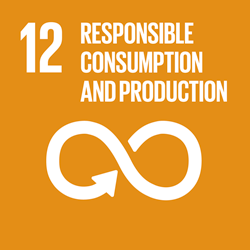Technological watch
Environmental Assessment of Underdrain Designs for Granular Media Filters in Drip Irrigation Systems
Irrigation is very important for global food production and, therefore, it is key to moving towards increasingly sustainable irrigation systems. However, the adoption of more efficient water-use techniques, such as drip irrigation, increases energy consumption. A large part of the efficiency of drip irrigation systems depends on the equipment used, such as filters. The environmental impact of three media filters (a prototype with a porous media underdrain and two commercial filters, with inserted domes and collector arms underdrains, respectively) with different bed heights, filtration rates, and medium materials was studied using the life cycle analysis (LCA). Under the operating conditions that minimize the impact, the inserted domes design has the lowest overall impact, achieving reductions of up to 432% and 18% in some impacts regarding the porous media and the collector arm, respectively. A porous media filter has a better energy performance, but its prototype status hinders it in the raw material, building, and end-of-life phases. Conversely, the arm collector has the worst environmental performance. This work shows that filter designs should prioritize solutions that allow for minimizing the energy consumption during their operation to increase its sustainability.
Publication date: 03/06/2022
Author: Joan Pujol
Reference: doi: 10.3390/agriculture12060810






